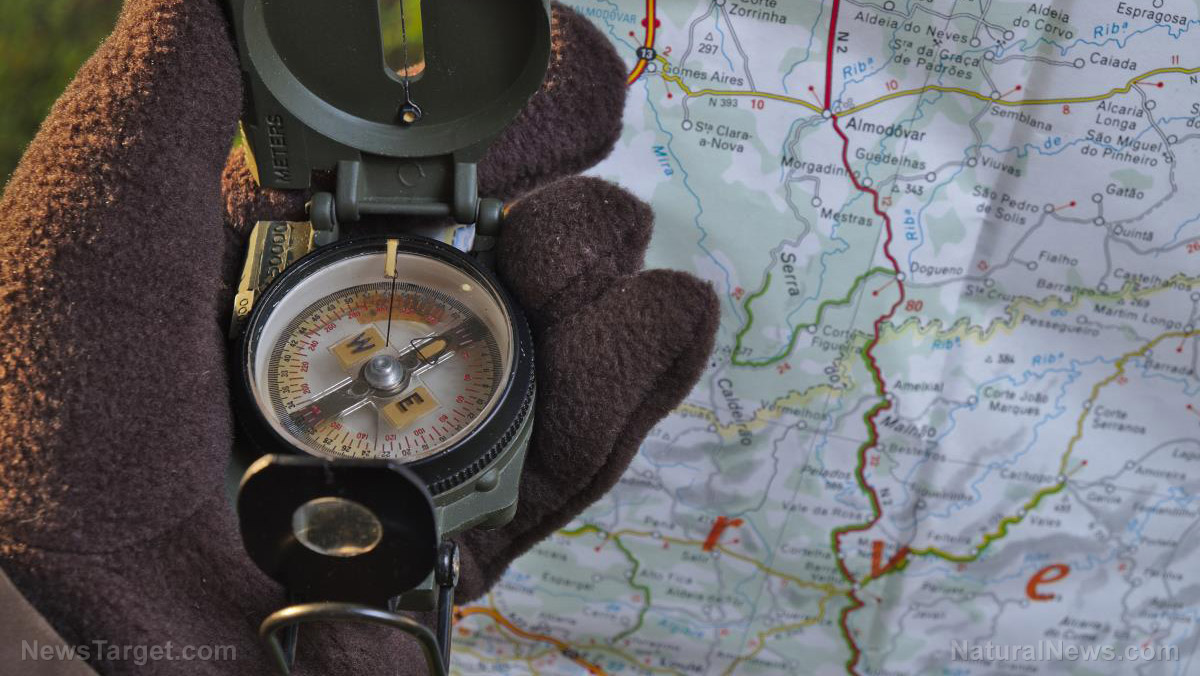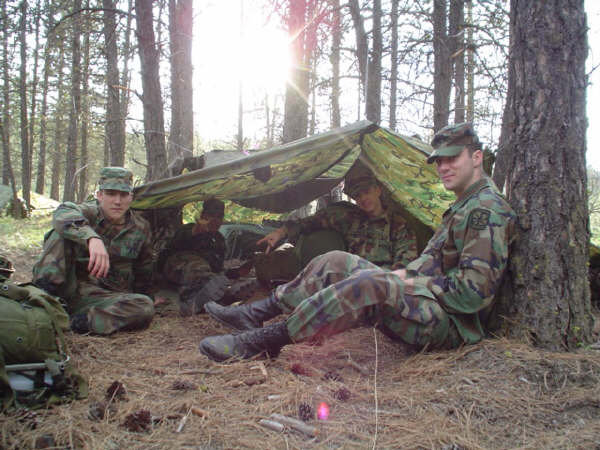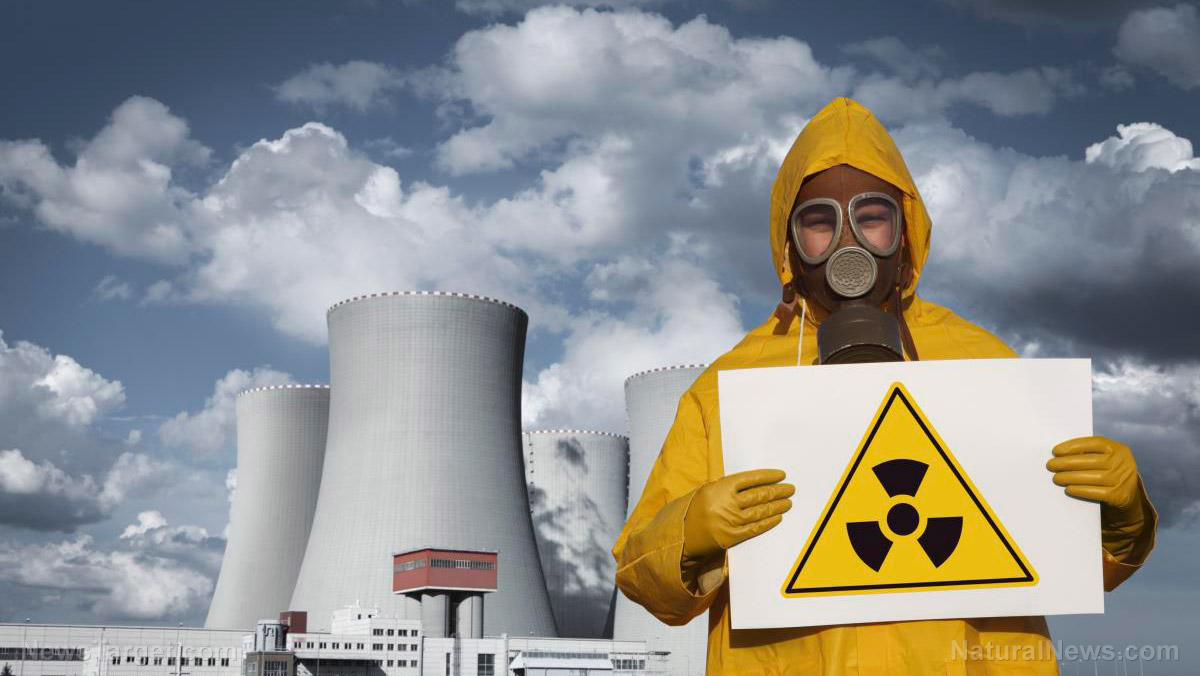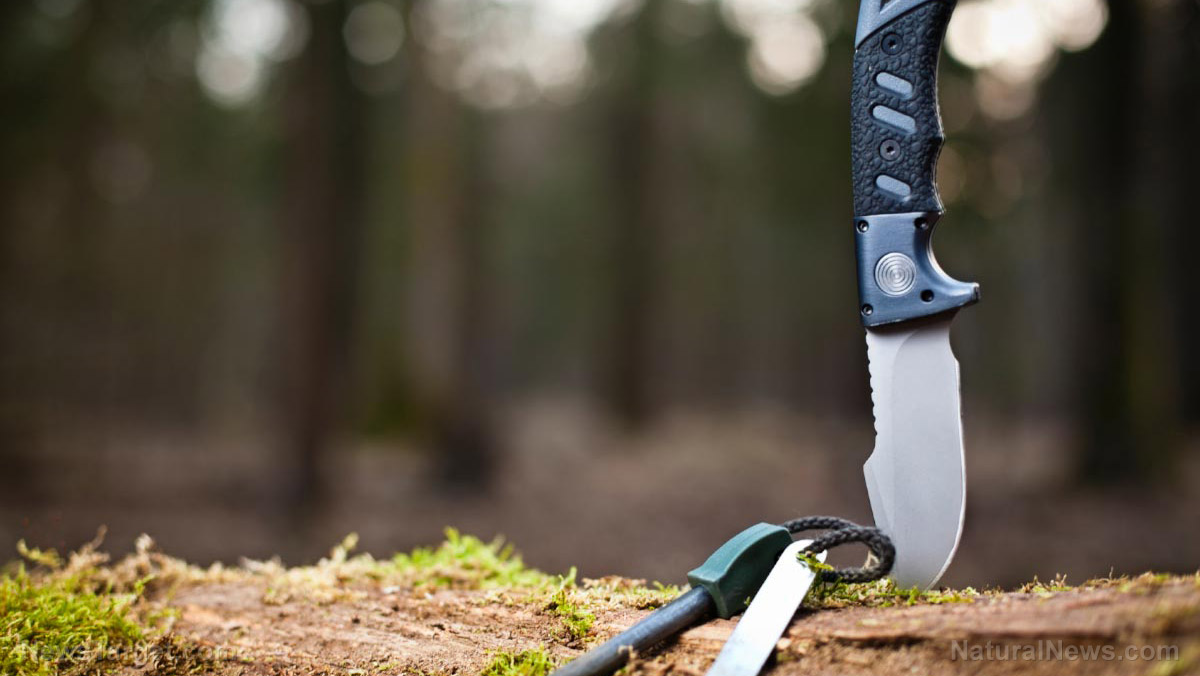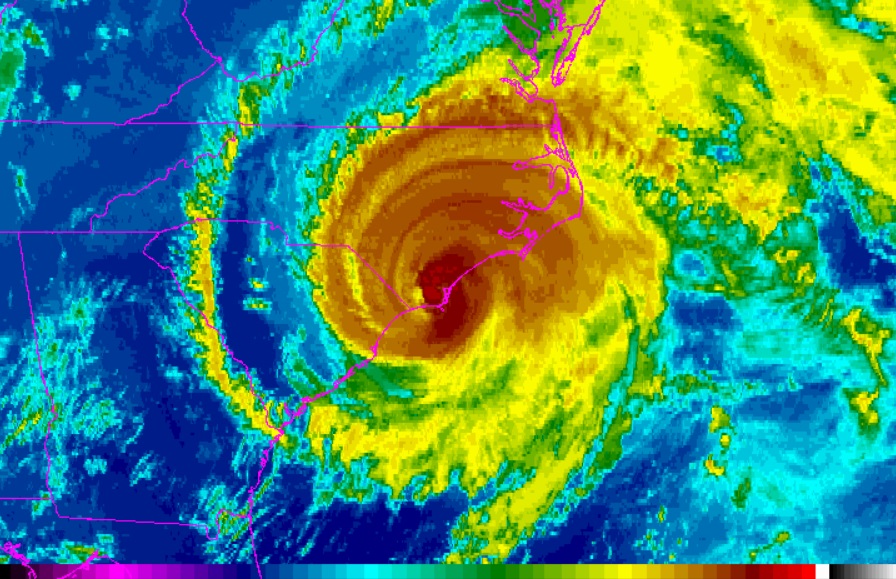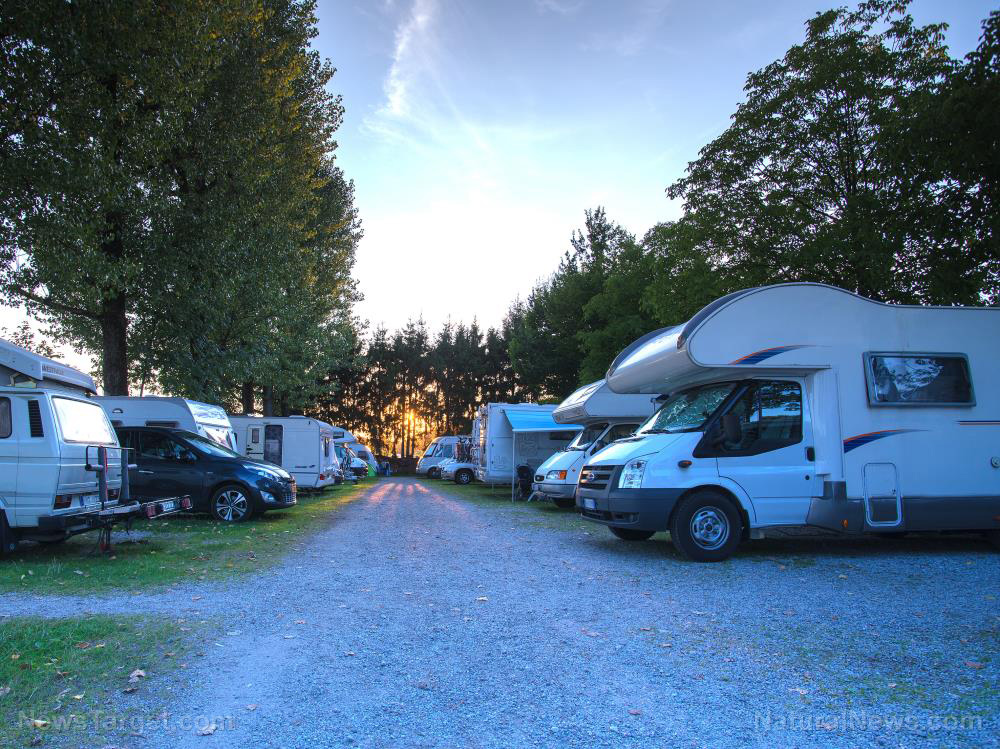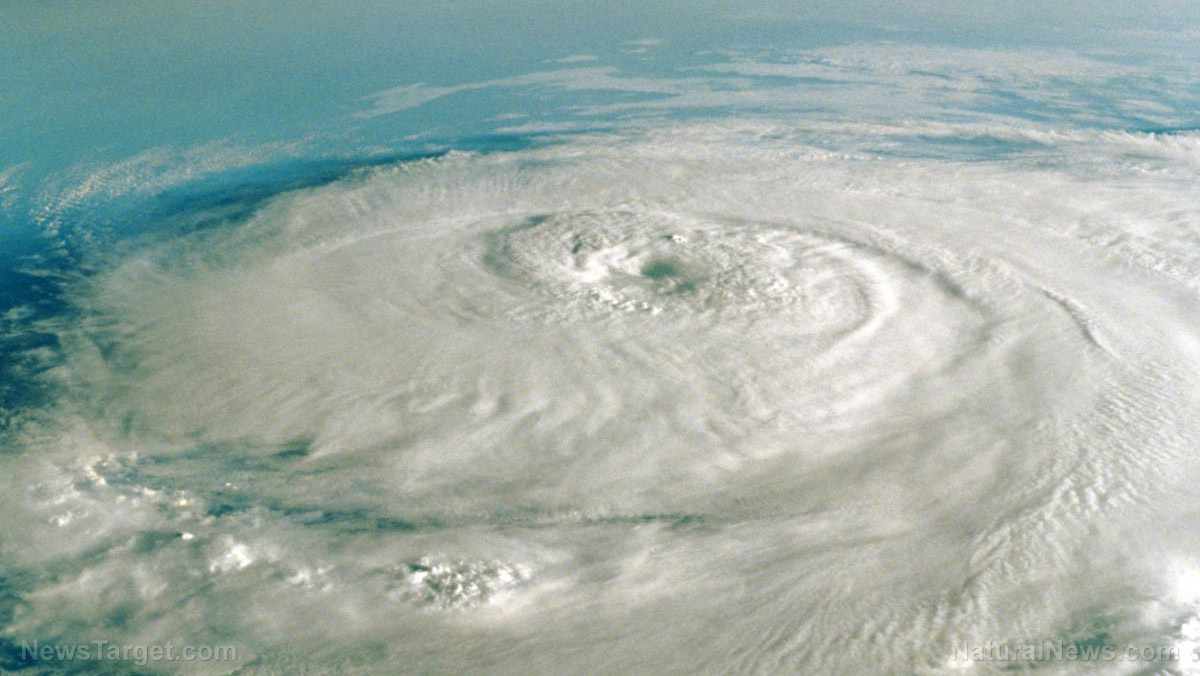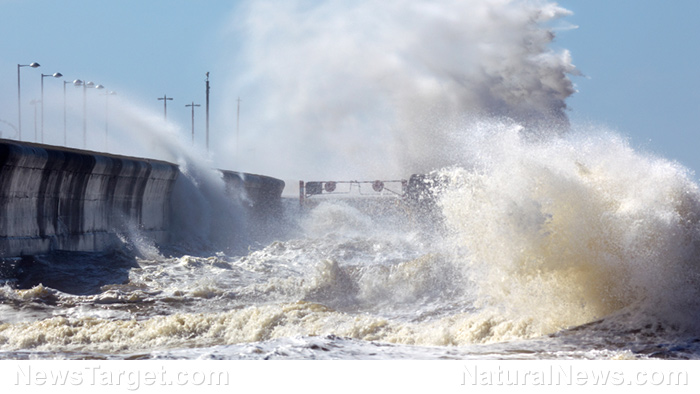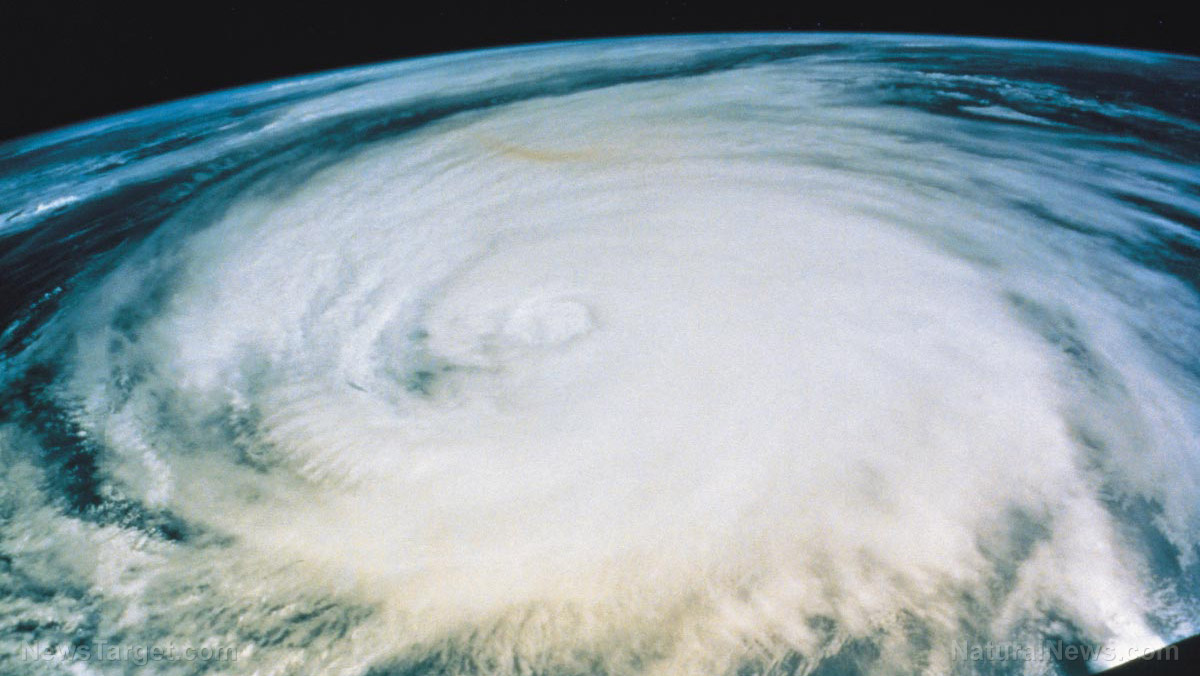The strategy of readiness: Everyday carry items that you should ALWAYS have on you
09/19/2018 / By Janine Acero
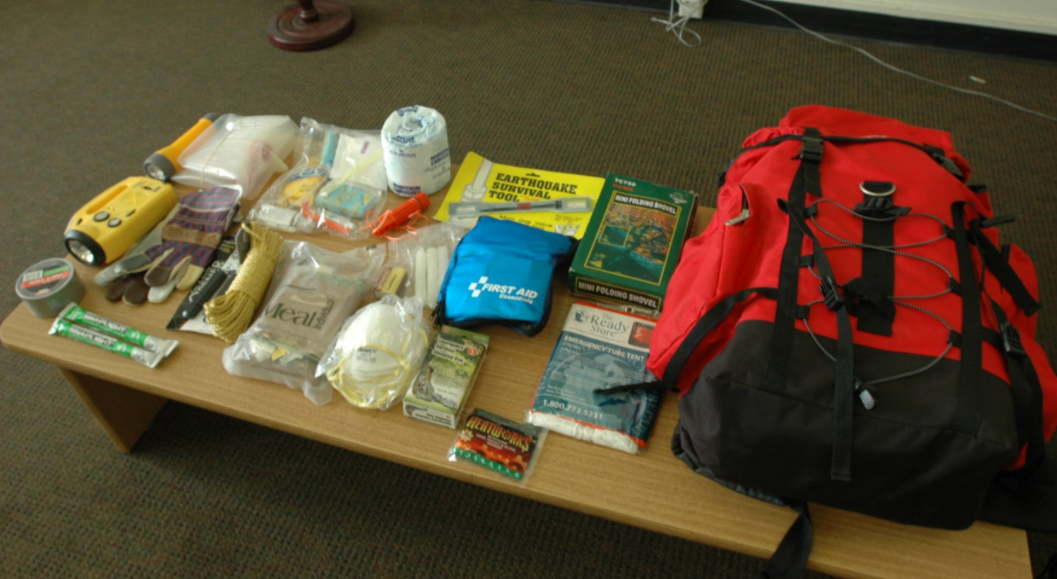
Emergencies can happen when you least expect it, and preppers know that being prepared can mean the difference between life and death. But emergencies don’t have to catch you completely off guard, not unless you have everyday carry items that will cover all the bases, from little inconveniences to critical survival situations. (h/t to ModernSurvivalOnline.com.)
Everyday carry (EDC) items are some critical items you should always have on you, so you are prepared to deal with whatever life throws at you, at any given time.
Critical survival issues that your EDC has to address include fresh air, fresh water, food, shelter, and fire. However, it’s more likely for you to encounter little inconveniences every day, which you also need to prepare for.
EDC for critical survival situations
Nobody wants to encounter SHTF situations, but in case of one, your EDC has to be sufficient enough to address the following critical needs:
- Fresh air — Breathing is essential for survival. In case you are trapped inside a smoke-filled or debris-filled area, you will need to protect your lungs. Many people carry filtration masks, but for your EDC, you may opt for a simple bandana. Bandanas are versatile; you can use them to carry things, to protect your head or neck from sunburn, to help filter water, etc. Some people choose a shemagh, a cotton scarf that is larger than a bandana. If you suffer from asthma, your inhaler should be part of your EDC.
- Fresh water — Dehydration is a serious issue. Most people can survive for as long as three days without fresh drinking water, but dehydration will kick in long before that. Most people’s EDCs include a portable water filter, such a lifestraw or a sawyer mini. You may also want to carry a water bottle or packet of water, and/or iodine tablets to purify any freshwater source you do find.
- Food — The average person can survive for three weeks without food. However, you want to have enough energy to keep up your strength in a short-term emergency or survival situation. A protein bar or packet of nuts may be sufficient to boost energy. For longer-term situations, you may need to catch and clean small game. A fixed blade knife is great to have for this purpose. The knife can also be used for self-defense.
- Shelter — The average person can survive for about three hours exposed to extreme weather, so shelter is more critical than food. You can’t always carry a tent, but you can carry some paracord which can be used in combination with things you find that can be a temporary shelter to protect you from the elements. You can also carry an emergency space blanket.
- Fire — Fire is a critical resource for staying warm, boiling water to purify it and cooking any small game you may catch. It is also a source of light and can be used to defend yourself and your food from scavengers. Most people carry a fire striker, but a lighter and waterproof matches are a good backup.
Medical issues may also arise, and you may need to deal with them yourself if professional medical help is not readily available. Besides a basic first aid kit, consider including a needle and thread for sutures, bandages, and an Epipen. If you suffer from chronic health issues like heartburn or high blood pressure, you will need to carry at least one dose of your personal medications.
You also have to be prepared to defend yourself against anyone that may want to do you harm. For self-defense, consider adding pepper spray, a tactical pen, or a Kubotan to your EDC. Other useful self-defense tools are a whistle to signal for help or a small mirror to signal if you are trapped and can’t yell loud enough to attract attention.
EDC for beginners
The following items are going to make your life a lot easier, allow you to deal with emergencies, and to complete everyday tasks more efficiently. (h/t to RecycledFireFighter.com.)
- Sharp knife — A knife is one the most important tools in a person’s EDC because of its versatility. You can use a knife to open packages, cut cords or rope, prepare food, and of course for self-defense.
- Slim wallet — A bulky wallet will only take up unnecessary space in your EDC.
- Cash — Carry a decent amount of cash so you’re better prepared for any situation that is better suited for cash payments.
- Cell phone — Your mobile phone is your lifeline to your family and friends, as well as emergency numbers. You can also access calculator, GPS/online map, and check for store hours on your phone.
- Flashlight — A source of light is critical, and in a SHTF situation, a flashlight can be used to signal for help. Find a reliable and compact flashlight that uses common batteries and can be clipped to your pocket.
- Small notebook and pen — The good old pen-and-paper combination is useful for taking quick notes, leaving a note behind for someone, or exchanging information with others.
Learn more about EDC and other useful survival tools at SHTF.news.
Sources include:
Tagged Under: accidents, bug out, disaster, EDC, emergency, everyday carry items, off grid, outdoors, preparedness, prepper, prepping, SHTF, survival, survival gear, survival tools, survivalist

